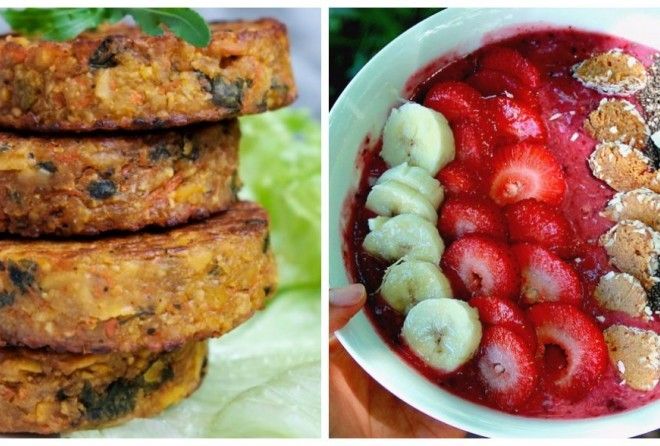Not all junk food is created equal. Sometimes, it doesn't take the form of greasy potato chips or a fast food burger. Sometimes junk food is wrapped up in health buzzword covered packaging and injected with enough fruits and vegetables to make us think we're eating something nutritious.
INSIDER spoke with a panel of nutritionists and doctors who revealed the unhealthiest "health" foodsout there that you should either drop from your diet completely, or quit kidding yourself about.
From granola bars to packaged veggie burgers and the super-trendy acai bowls, take note of these unhealthy foods in disguise.
Granola bars
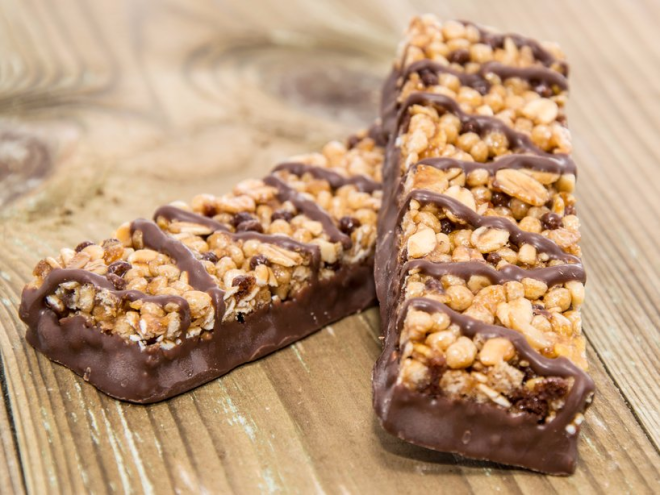
The ingredients in most granola bars should give you a hint about their true nutrition value: Chocolate, sugar, syrup, and sweetened granola.
"Nearly all granola brands add sugar and oil during the cooking process," Dr. Christopher Calapi, an osteopathic physician based on Long Island, told INSIDER. "Some are loaded with seeds, nuts, and dried fruit, which up the fat content."
Yogurt
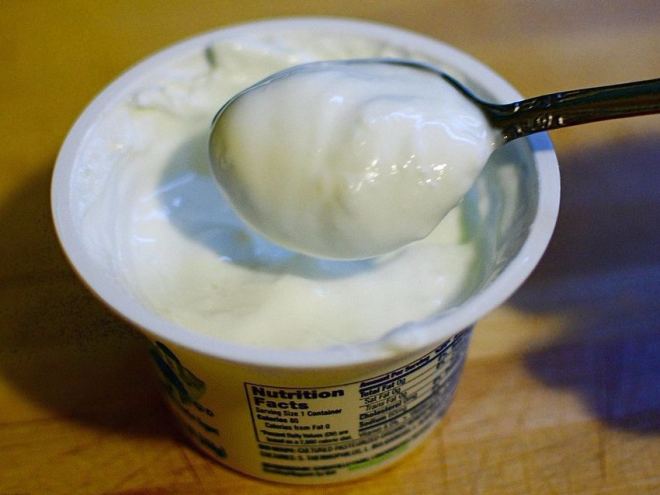
"Unless you are eating plain Greek yogurt, most commercially bought yogurts are loaded with sugar and contain very little protein," Los Angeles-based nutritionist Jennifer Cassetta said. "Even yogurts that claim to strengthen gut health will do the opposite because of the added sugars."
Wraps
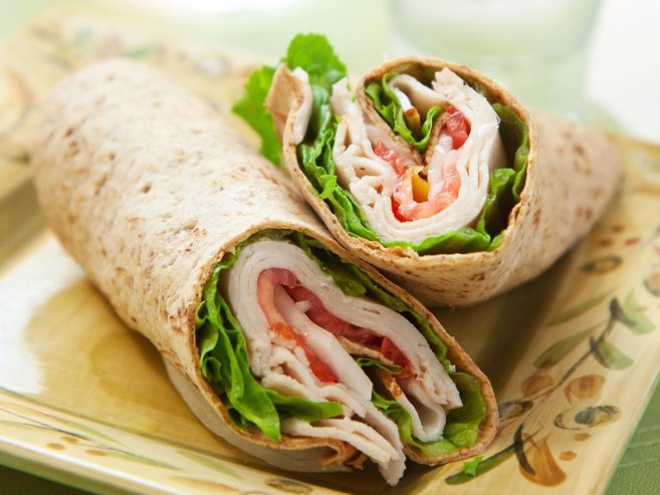
Wraps might sound healthy, but in reality you're eating a lot more carbs (and calories!) thanks to tortillas' often enormous size when unwrapped than you would be with a regular whole grain sandwich.
Cassetta recommends staying away from them, especially since the wraps themselves are usually more processed than regular bread. Processed means added ingredients that you don't want, like sodium and trans fats.
Bottled fruit smoothies
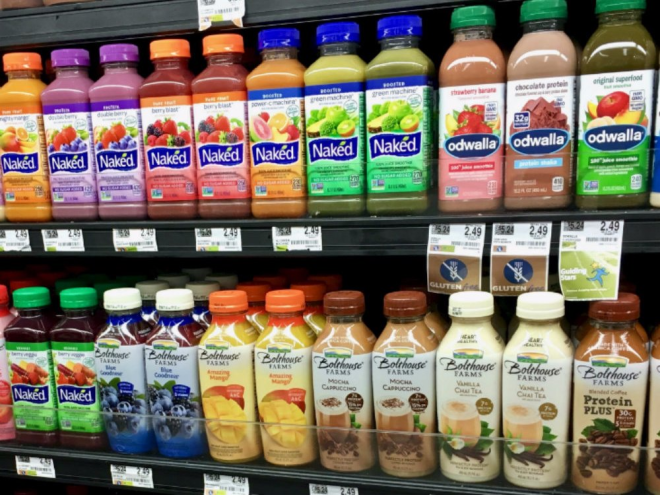
Bottled, organic smoothies may look and taste like healthy food, but that couldn't be further from the truth. Usually, these bottled fruit smoothies are loaded with added sugar. Plus, when fruit is in juice-form, a lot of the natural nutrients like fiber are stripped away.
Becky Kerkenbush, a clinical nutritionist at Watertown Regional Medical Center, gave this advice for making your own healthy smoothies instead of buying them:
"Use spices instead of syrup/honey/agave for flavor. Include green leafy vegetables to boost fiber, vitamins, and antioxidants. Use plain yogurt instead of flavored yogurt for added protein and calcium without the added sugar."
Veggie chips
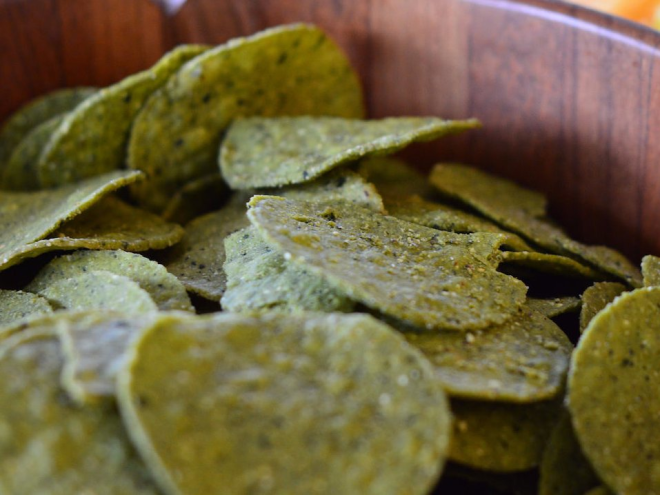
Baked chips made from healthy greens seem like they should be a lot healthier than their greasy, potato chip cousins, but they usually aren't. A lot of their nutritious reputation has to do with marketing and the right packaging, not reality.
"Veggie chips are not equal to eating raw vegetables," Kerkenbush said. "Once the veggies are processed into chips, many of the vitamins and plant nutrients are destroyed. These snacks are about the same in terms of fat and calories as regular potato chips."
She suggests trying to make your own veggie chips by thinly slicing vegetables and roasting them in the oven.
Acai bowls
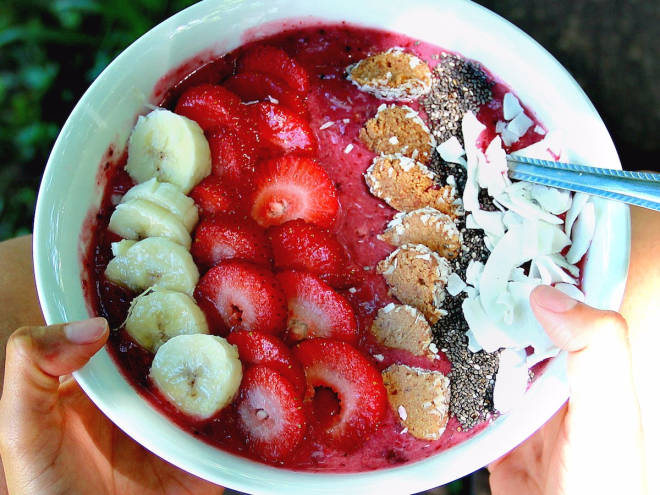
How bad could a bowl full of fruit actually be?
"The ingredients themselves can be healthy on their own: acai puree, fruit, and granola, but when combined it can lead to an overload of sugar in one meal," Cassetta said. "This will cause a spike in blood sugar and insulin levels that later cause a crash and can lead to weight gain."
Packaged veggie burgers
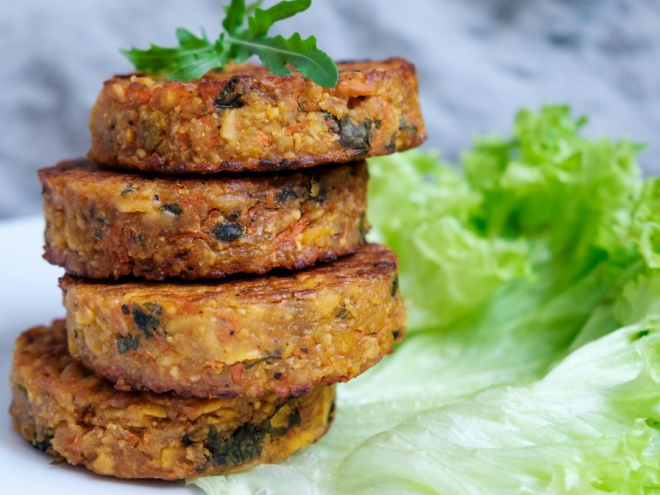
Frozen veggie burger patties sound like they should be good for you.
How can a burger made of vegetables instead of fatty beef be unhealthy? Because packaged veggie burgers are usually highly processed.
"Many store-bought veggie patties are made from highly processed soy or vegetable protein, which comes from soy and/or wheat, not vegetables," said Dr. Christopher Calapi. "You will find more health benefits in making your own
Gluten-free packaged foods
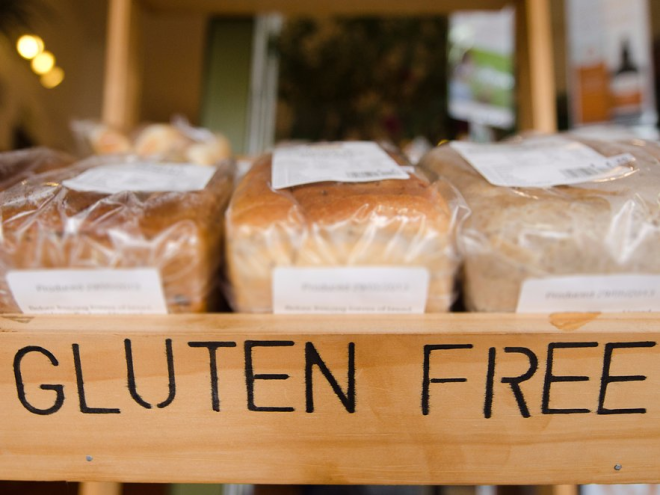
We already know that the gluten-free trend is mainly a nutritional myth, but when it comes to gluten-free products themselves, they may be worse for you than the originals.
"To replace gluten or wheat, even more inferior ingredients are used such as rice, potato, and tapioca starch," nutritionist Jamie Logie said. " There's very little nutritional value, and you end up being hungrier in the long run. Also, these products use as much, or more, sugar than their gluten-containing alternatives, and tend to have many artificial ingredients."
Dried fruit
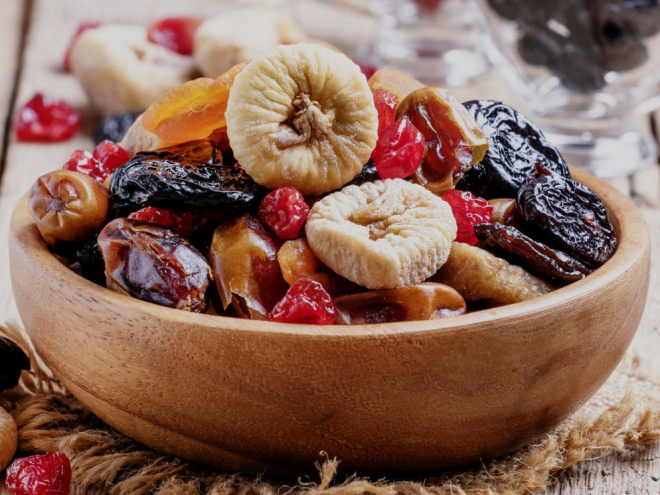
Raisins seem like the perfect "sweet" health food, but their wrinkly good looks can be deceiving.
"Oftentimes dried fruit has added sugar, but even if it doesn't, it is still a concentrated source of sugar naturally," Dr. Candice Seti, a "weight loss therapist," said. "While these sugars are from the fruit themselves instead of being added, the large amounts can still add up to way too much sugar hitting your system, causing blood sugar spikes and crashes."
Sports drinks
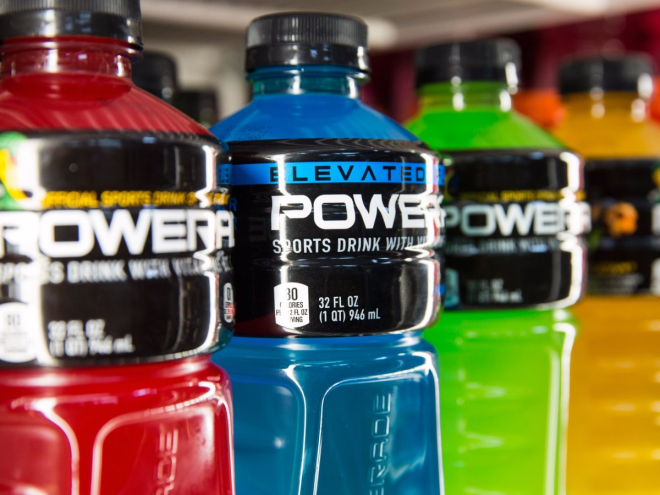
When it comes to workouts, there's no better way to replace your body's fluids than with plain old water. Sports and post-workout protein drinks tend to have a ton of added sugars.
"Unless you are exercising for an extended length of time or in extreme heat, pass on these beverages in favor of water," said Kerkenbush. "Sports drinks contain empty calories, which can lead to weight gain and tooth decay. They also may contain artificial flavors and colors."
"Thin" cookies
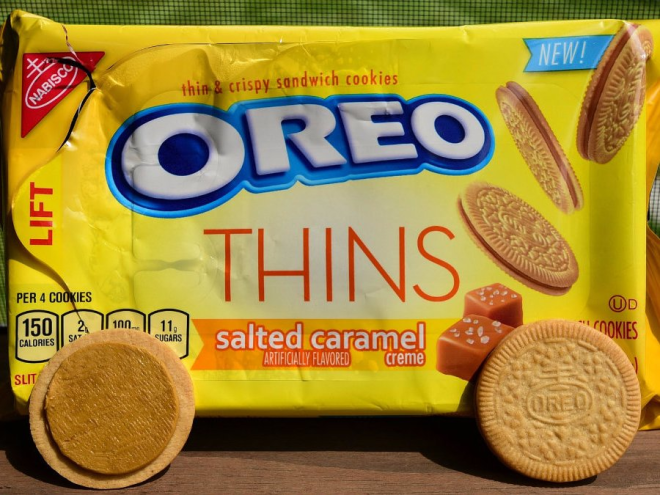
The popular trend among brands of sweets is to release 100-calorie snack packs, or "thin" versions of their cookies and other processed baked goods. While you might not necessarily think these cookies are healthy, the packaging tricks you into believing that these treats are a lot less indulgent than the originals.
"These things are void of nutrition and will end up making you hungrier, as your body is still craving the nutrients it thought it was going to get," Logie said. "There is no fiber, protein or healthy fats in these cookies, all of which promote fullness."
In other words, they're empty calories.
